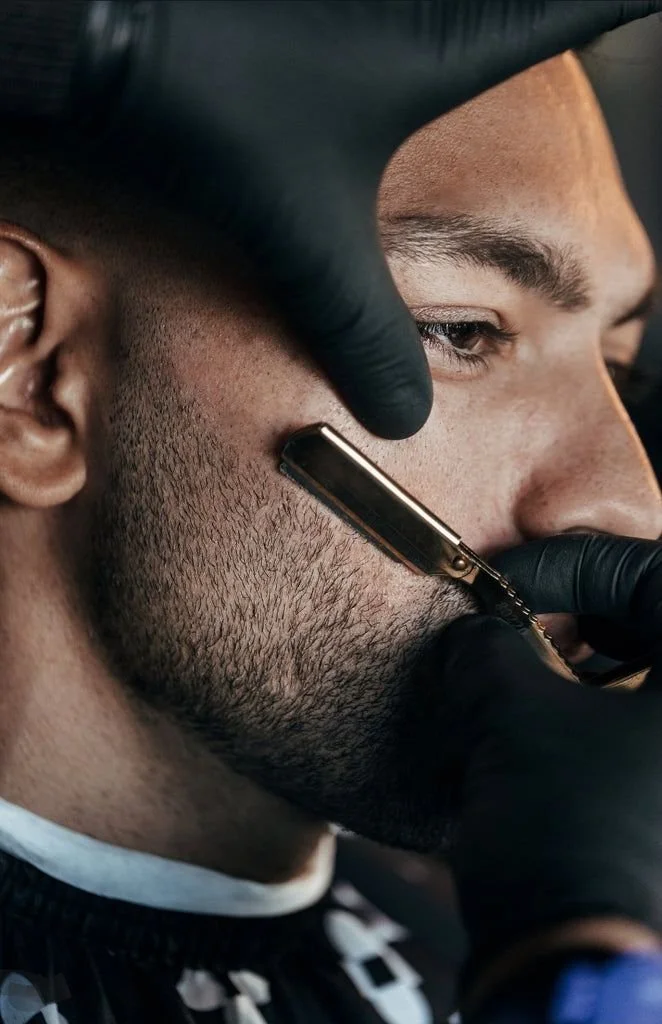Handling the complexities of family law can be overwhelming, especially during emotionally stressful times such as divorce, child custody disputes, or domestic violence. During these challenging moments, seeking legal guidance can help you understand your rights and options.
A family law firm provides expert legal advice for individuals facing difficult family situations. With approximately 56,970 family and divorce lawyers in the United States, the demand for legal support in marital disputes, custody battles, and other family-related legal issues is significant.
According to Khalaf Law Group, attorneys specializing in family law can help you clarify your objectives and develop strategies tailored to your unique circumstances. Understanding your attorney’s role and available resources can influence how you approach your case.
This guide will walk you through what to expect when seeking legal support from a family law firm.
No. 1
Understanding Family Law: Key Areas of Practice
Family law encompasses multiple areas that directly impact people’s lives. Some of the most common legal matters include:
Divorce and asset division – Settling financial matters and property distribution.
Child custody and visitation – Determining legal and physical custody arrangements.
Adoption – Establishing new family relationships through legal adoption processes.
Domestic violence protection – Securing restraining orders and legal protection from harm.
Spousal support – Ensuring financial stability for a spouse after separation.
According to Lafayette family law attorney Chris Villemarette, each area of family law has its own set of rules. Having access to accurate legal information is essential for understanding your rights and legal options.
No. 2
The Role of a Family Law Attorney in Your Case
A family law attorney plays a crucial role in guiding you through legal proceedings.
Their responsibilities include:
Evaluating your situation and setting clear legal goals.
Gathering necessary documents and evidence to support your case.
Negotiating settlements and representing you in court if needed.
During discussions, it’s important to express your concerns and provide complete information to help your lawyer build a strong case. A dedicated attorney will simplify legal processes and empower you to make informed decisions.
No. 3
Emotional Support and Counseling During Legal Proceedings
Legal battles, especially divorce and custody disputes, can be emotionally draining. It’s natural to feel confused, angry, or overwhelmed. Seeking emotional support can help you navigate this difficult time.
Family law attorneys often have a network of therapists and counselors who can provide coping strategies for managing stress. Counseling offers a safe space to process emotions and gain clarity.
Additionally, surrounding yourself with trusted family and friends can provide comfort and reassurance. Your lawyer can also serve as a source of objective support, offering legal guidance and practical solutions to help you move forward with confidence.
Acorns
Start building your future today with Acorns. Save, invest, build your emergency fund, and watch your money grow effortlessly.
Sign up now and get a $5 investment as a first step toward financial freedom!
No. 4
Resources and Tools Offered by Family Law Firms
Family law firms provide valuable resources to help clients make informed decisions.
These may include:
Online legal resources – Articles, FAQs, and guides to help you understand your case.
Mediation services – A neutral platform for resolving disputes outside of court.
Client support services – Access to financial consultants, child specialists, and legal advisors.
Understanding your legal aid rights can empower you to seek the assistance you need while navigating family law matters.
No. 5
Handling the Legal Process: What to Expect
Knowing what to expect during the legal process can help you anticipate challenges and develop strategies to address them.
The key stages include:
Initial Consultation – Your first meeting with an attorney to discuss your case and explore legal options.
Evidence Collection – Gathering necessary documents, financial records, and witness statements.
Negotiations – Your attorney will advocate on your behalf to reach a fair settlement.
Court Proceedings (if necessary) – If a settlement cannot be reached, your case may proceed to trial.
Court trials involve witness testimonies, evidence presentation, and legal arguments. Throughout the process, your family law firm will be by your side, offering support and legal guidance.
Takeaways
Navigating family law can be complex, but having the right legal representation can make a significant difference. A family law attorney provides expert guidance, emotional support, and strategic legal solutions to help you achieve the best possible outcome.
Whether you’re facing divorce, custody disputes, or domestic violence issues, seeking legal assistance ensures that your rights and interests are protected. With the right support, you can move forward with clarity and confidence.
Looking for resources?
At Hello Lovely Living, we aim to empower you to earn and save money and time while benefiting from our expansive network of home, life, wellness, travel, work-from-home, career, and business resources and opportunities. Discover a wealth of tools to support your journey.







































































































